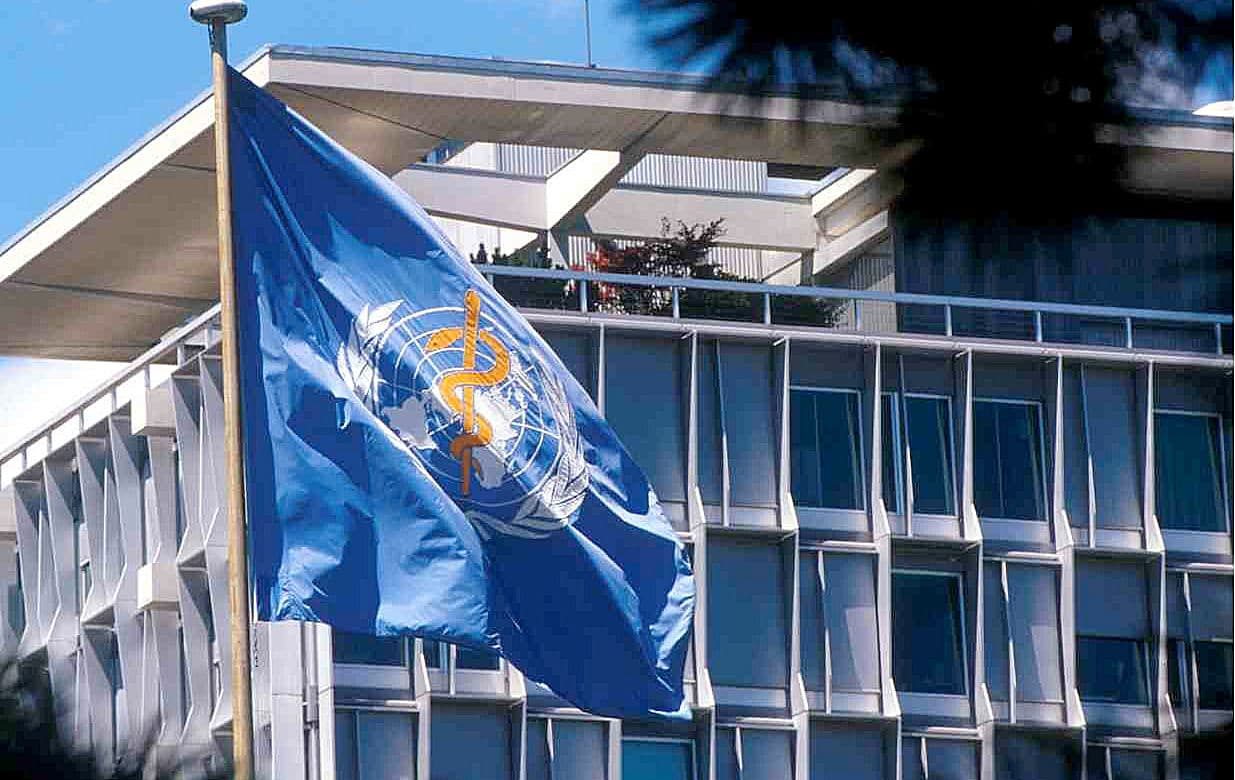cwhat emerges from a Guardian investigation into the studies carried out by Surgisphere on hydroxychloroquine (which prompted the WHO to stop the experimentation)
Start Magazine di Giusy Caretto – 4 giugno 2020
The stop to the use of hydroxychloroquine for the treatment of patients with Covid-19 decided by the WHO and some governments would be based on questionable studies carried out by a small American company. To denounce it is an investigation of the Guardian.
Let's go step by step.
THE STOP TO HYDROXYCHLOROQUINE
Let's start with what happened in the past few weeks. As reported in this article by Start Magazine, the World Health Organization and some governments such as the Italian one (here what Aifa reported) and French have decided to suspend the use of hydroxychloroquine in the anti Covid-19 treatment. The decision was based on a study published in The Lancet and the New England Journal of Medicine.
The study involved "1,500 patients in 1,200 hospitals worldwide" and claimed that hydroxychloroquine was associated with higher mortality due to heart problems.
The studies (and the numbers reported) have not convinced The Guardian, which has decided to investigate the reliability of the data edited by Surgisphere, the Chicago company that signed the research.
WRONG NUMBERS
What made the British newspaper suspicious was, above all, the number of deaths reported from Australia due to hydroxychloroquine. The study reported, writes The Corriere della Sera, of "5 hospitals, out of 600 patients, 73 of whom died".
But as of April 21, the final date of the study, there were only 67 deaths in Australia (data from Johns Hopkins University). And Sydney and Melbourne hospitals reported to Guardian who had never heard of Surgisphere.
THE DISCREPANCIES
The Guardian he also contacted the American company led by Sapan Desai to verify the published data, but no explanation was given on the discrepancies on the numbers, nor on the method behind the study.
LIMITED SCIENTIFIC SKILLS
Digging, the British newspaper discovered that the Surgisphere work team (whose number has fluctuated from 6 to three in recent days) has limited scientific expertise. According to what is reported by the Courier, resuming the investigation of The Guardian, the "science editor" would turn out to be a science fiction author, and one of the marketing experts is a porn model.
Not only. The “how to contact us” link on the Surgisphere site led, until last Monday, to a cryptocurrency site page.
A DATABASE
The Guardian he also questions the database on which the American company based the study: Surgisphere speaks of data that comes from 96,000 patients from 1,200 hospitals around the world. The data should have been provided by the hospitals (whose names are unknown, in full emergency, after having anonymized them.
THE STATEMENTS OF SURGISPHERE
On the database issue, the company, in one of his articles, explains: “The Surgisphere registry is an aggregation of
THE LANCET AND NEW ENGLANA JOURNAL OF MEDICINE TAKE A STEP BACK
The scientific journals that reported the study would also have distanced themselves from the study. "Serious scientific questions have been brought to our attention," he said The Lancet, explaining that it may also withdraw publication.
EXPERIMENTATION RESUMES
And so, waiting for new developments and new evidence, he resumed his study and experimentation. "The executive group will notify the principal investigators involved in the study of the resumption of the hydroxychloroquine arm of the trial," announced World Health Organization (WHO) director-general Tedros Adhanom Ghebreyesus at a press conference in Geneva. according to reports Adnkronos.
“As you know, last week the executive group of the Solidarity trial decided to stop the hydroxychloroquine arm of the study, due to concerns raised about the drug's safety,” recalled the director.
“Based on the available mortality data, the committee members recommended that there is no reason to change the trial protocol. However, the safety and data monitoring committee will continue to closely monitor the safety of all therapies tested in the Solidarity study", added Tedros Adhanom Ghebreyesus, specifying that "over 3500 patients in 35 countries" were recruited. .
AIFA. Hydroxychloroquine in the therapy of adult patients with COVID-19 [0.17 Mb] >
“La cattiva scienza fa poca strada”. Enrico Bucci, ricercatore in Biochimica e Biologia molecolare e professore alla Temple University di Philadelphia, commenta così la ritrattazione dell’articolo pubblicato da ‘The Lancet’ sull’idrossiclorochina contro Covid-19. Un lavoro “i cui enormi problemi, insieme ad altri 181 scienziati, avevo segnalato”, ricorda su Facebook. (ADN Kronos)
